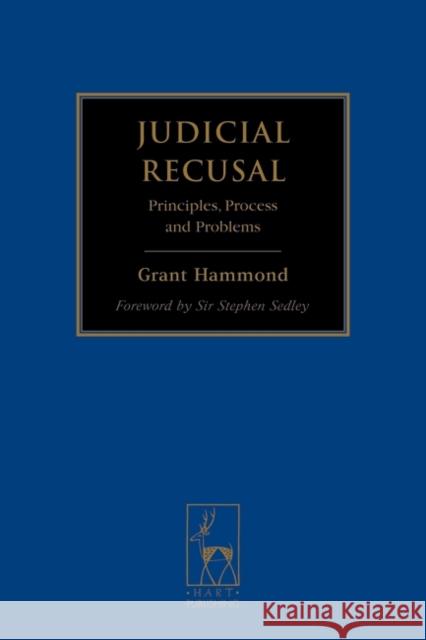Judicial Recusal: Principles, Process and Problems » książka
Judicial Recusal: Principles, Process and Problems
ISBN-13: 9781841132600 / Angielski / Twarda / 2009 / 208 str.
The doctrine of judicial recusal enables - and may require - a judge who is lawfully appointed to hear and determine a case to stand down from that case, leaving its disposition to another colleague. The subject is one of considerable importance, not only to 'insiders' in the judiciary, but also to litigants and their lawyers. Understanding the principles which guide recusal is also to understand the fundamentals of judging in the common law tradition. The subject is therefore of considerable interest both at practical and theoretical levels, for it tells us most of what we need to know about what it means 'to be a judge' and what the discharge of that constitutional duty entails. Unsurprisingly therefore, the subject has attracted controversy. Judicial Recusal contains an analysis of the essential features of the law, the legal principles (common-law origins, current law in the US, the UK and the Commonwealth), and the difficulties which currently arise in the cases and by operation of statute. The book looks at process, including waiver, necessity, appellate review, and final appeals. Additionally, it addresses three problem areas and ends with the author's reflections on likely developments. It is a thorough study of judicial recusal examining the legal principles and the difficulties which arise. It will be of interest to all constitutional law practitioners and judges in the US, the UK, and the Commonwealth.











